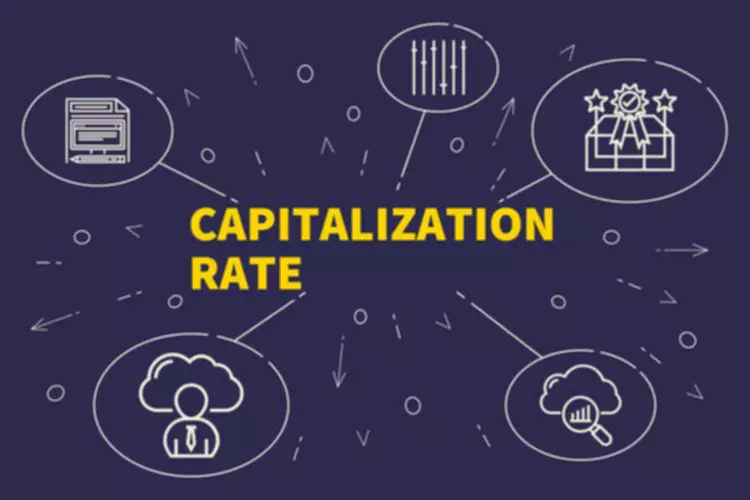Content

You can do this online, through a stockbroker, or directly from companies. Bonds typically require a larger minimum investment and can be purchased through a broker, an exchange-traded fund, or directly from the U.S. government. They are are two different ways companies fund and expand operations.

Products and services described on this website are intended for United States residents only. Nothing contained in this material is intended to constitute legal, tax, securities, or investment advice, nor an opinion regarding the appropriateness of any investment, nor a solicitation of any type. The general information contained on this website should not be acted upon without obtaining specific legal, tax, and investment advice from a licensed professional.
Head-to-Head Comparisons Between Stocks vs Bonds ( Infographics)
The bond market provides investors with a steady, albeit nominal, source of regular income. In some cases, such as Treasury bonds issued by the federal government, investors receive biannual interest payments. Many investors choose to hold bonds in their portfolios as a way to save for retirement, for their children’s education, or other long-term needs. “As a general rule of thumb, I believe that investors seeking a higher return should do so by investing in more equities, as opposed to purchasing riskier fixed-income investments,” Koeppel says. “The primary role of fixed income in a portfolio is to diversify from stocks and preserve capital, not to achieve the highest returns possible.”
Are bonds safer than stocks in a recession?
Bonds and cash have historically outperformed most stocks during recessions. Selling stocks in favor of bonds and cash before a recession may leave you unprepared if stocks bounce back before the economy does, which has happened historically during many recessions.
If you buy a bond from a company that isn’t financially sound, you’re opening yourself up to credit risk. In a case like this, the bond issuer isn’t able to make the interest payments, leaving itself open to default. The biggest risk of stock investments is the share value decreasing after you’ve purchased them. Given the numerous reasons a company’s business can decline, stocks are typically riskier than bonds. Historically, when stock prices are rising and more people are buying to capitalize on that growth, bond prices have typically fallen on lower demand. Conversely, when stock prices are falling and investors want to turn to traditionally lower-risk, lower-return investments such as bonds, their demand increases, and in turn, their prices.
AccountingTools
The general information contained in this publication should not be acted upon without obtaining specific legal, tax, and investment advice from a licensed professional. The following chart shows the growth of $1 invested in the stocks listed in the S&P 500 Index (stocks) versus $1 invested in the bonds listed in the Bloomberg Capital US Aggregate™ Bond Index (bonds). While historical performance cannot guarantee future performance, an investment in stocks during this period would what are stocks and bonds have significantly outperformed a bond investment. On the other hand, a bond buyer generally knows the upper limit to expect on such an investment, especially if it is held to maturity. It is true that a bond can sell at a premium prior to maturity, but the potential for appreciation here is nowhere near as great as it is for stocks. The following link may contain information concerning investments other than those offered by Russell Investments, its affiliates or subsidiaries.
- It’s the best way to assess a bond’s sensitivity to interest rate changes—bonds with longer durations are more sensitive.
- Many stocks, however, do not pay out dividends and instead reinvest profits back into growing the company.
- The idea is to maximize the wealth-building power of stocks over the long term while using bonds to protect that wealth.
- Besides his extensive derivative trading expertise, Adam is an expert in economics and behavioral finance.
- Unless the company goes bankrupt or runs into serious financial trouble, it’s likely that you will receive exactly what the company promised and walk away with $1, years later.
- Spreading your investment funds among various classes of stocks and bonds — diversifying — is the choice for many.
Converting to stock also gives a former bond holder the right to vote on certain company issues. This means that stocks are a riskier investment than bonds. Every bond carries the risk that a promised payment will not be made in full or on time. As uncertainty of repayment rises, investors demand higher levels of return in exchange for assuming greater risk. Bonds represent loans made by investors to companies and other entities, such as branches of government, that have issued the bonds to attract capital without giving up managing control.
Comparing stocks and bonds
The prices of stocks can vary widely, and you never know what could cause a major fluctuation in the market. You could invest in a company that is on the road to big success only to find out there is a major flaw in its business plan and see the stock price tumble. Or, there could be some political event that causes the whole stock market to fall drastically. Individual stocks and the overall stock market tend to be on the riskier end of the investment spectrum in terms of their volatility and the possibility of the investor losing money in the short term.
This is the risk that an issuer defaults on coupon payments or fails to repay the principal at maturity. This could cause the price of the bond to plummet and significantly reduce your returns, potentially all the way to zero. Despite having a maturity https://www.bookstime.com/ of up to 30 years, some bonds can be paid off early. When this happens, the bond issuer returns the invested principal early. The investor would keep any interest paid to that point, but the early repayment would end any future coupon payments.
Best Financial Advisors
The families holding these mortgages may refinance (and pay off the original loans) either faster or slower than average depending on which is more advantageous. If you buy a bond, you can simply collect the interest payments while waiting for the bond to reach maturity—the date the issuer has agreed to pay back the bond’s face value. The U.S. government may be unable or unwilling to honor its financial obligations. Securities issued or guaranteed by federal agencies and U.S. government-sponsored instrumentalities may or may not be backed by the full faith and credit of the U.S. government.

Interest from these bonds is taxable at both the federal and state levels. Because these bonds aren’t quite as safe as government bonds, their yields are generally higher. This information is being provided only as a general source of information and is not a solicitation to buy or sell any securities, accounts or strategies mentioned.
Stocks vs Bonds Comparison Table
Because coupons are typically paid twice per year, an investor would expect $25 every six months. Because bonds can be traded throughout their lifetime, they may trade at a premium or a discount in relation to this par value. Like the names suggest, premium bonds are bonds trading at a higher value than their par value, and discount bonds are trading below their par value. Try to keep them in mind when choosing which investments to make. In Canada, the main stock exchange is the Toronto Stock Exchange (TSX), and in Europe, there is the Euronext and the London Stock Exchange. Purchasing individual stock, either on your own or through a broker, is one option.
